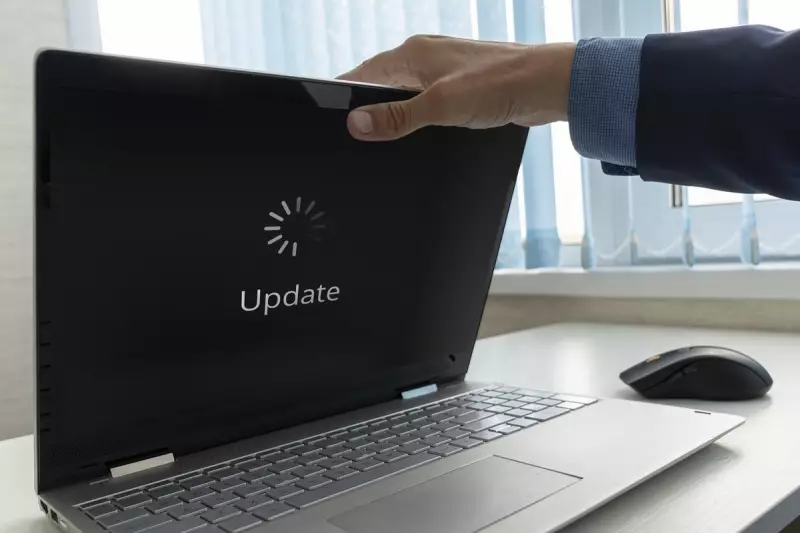
Microsoft has issued a critical warning to millions of Windows 10 users across the UK as the operating system approaches its official end-of-life date. The tech giant confirmed that support for Windows 10 will officially cease on October 14th, 2025, marking the end of an era for one of Microsoft's most popular operating systems.
What End of Support Really Means for Your PC
When Microsoft ends support for Windows 10, it means the company will no longer provide:
- Critical security updates and patches
- Technical support for any issues
- Software updates and bug fixes
- New features or functionality improvements
This leaves computers running Windows 10 increasingly vulnerable to cyber threats and malware attacks. Without regular security updates, your personal data, financial information, and privacy could be at significant risk.
The Windows 11 Upgrade Challenge
The transition to Windows 11 presents a major hurdle for many users. Microsoft's latest operating system has stricter hardware requirements that may exclude older computers from upgrading. Many devices that comfortably run Windows 10 simply won't meet the specifications needed for Windows 11.
Key requirements for Windows 11 include:
- A compatible 64-bit processor
- TPM 2.0 (Trusted Platform Module)
- Secure Boot capability
- At least 4GB of RAM and 64GB of storage
Your Options as the Deadline Approaches
With the 2025 deadline looming, users have several paths forward:
Option 1: Check if your current device meets Windows 11 requirements and upgrade if possible. Microsoft provides a free upgrade path for compatible devices.
Option 2: Consider purchasing a new computer that comes with Windows 11 pre-installed. This ensures full compatibility and modern hardware.
Option 3: Continue using Windows 10 without security updates - though cybersecurity experts strongly advise against this approach due to the significant risks involved.
Why This Matters Beyond Individual Users
The Windows 10 phase-out affects not just individual consumers but also businesses, educational institutions, and government organisations. Many organisations still rely heavily on Windows 10, and the migration process requires careful planning and potentially substantial investment in new hardware.
Microsoft's decision mirrors previous operating system transitions, but the hardware requirements for Windows 11 make this particular shift more challenging than previous upgrades.
As one industry analyst noted, "This isn't just another software update - it's a fundamental shift that will leave millions of devices behind unless users take proactive steps."





